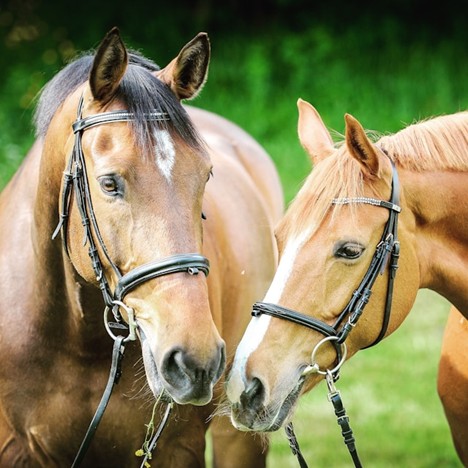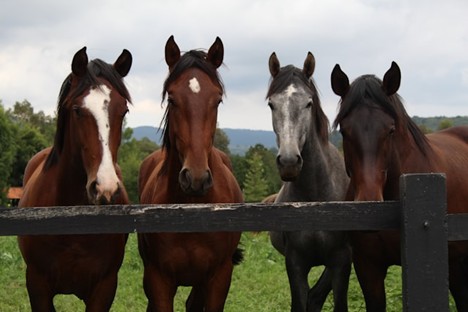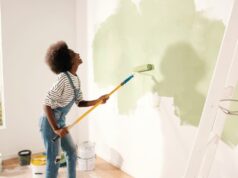Owning a horse comes with a variety of responsibilities, not the least of which is ensuring the animal’s safety and well-being. Unfortunately, accidents do happen, and horses can be injured or even killed due to events outside of the owner’s control. When a horse is harmed on someone else’s property, it’s essential for the owner to understand their legal recourse, the role of liability, and how insurance coverage plays a critical role in such situations.
This article delves into the legal landscape surrounding horse law, including liability, insurance coverage, the steps to take following an incident, and the legal options available to horse owners seeking compensation for damages.
Injuries or Deaths
Before diving into the legal details, it’s important to understand the types of injuries or deaths that may occur when a horse is on someone else’s property. These incidents can range from relatively minor injuries to life-threatening situations. Some common causes of injury or death include:
Negligent Property Maintenance
If a property owner fails to maintain their land, fencing, or stables properly, horses can easily become injured. Broken fences, fallen debris, or improperly maintained pastures are just some examples of hazards that can cause harm to horses.
Unsafe Conditions or Equipment
Horses are often exposed to equipment or vehicles on other people’s properties. If an owner has not properly secured their equipment or vehicles, a horse could be hurt or even killed by dangerous machinery or vehicles left unattended.
Animal Attacks
A horse may also be injured or killed if it is attacked by other animals on the property, such as dogs, livestock, or wild animals. This can happen if the horse is not properly segregated from potentially aggressive animals.
Accidents During Training or Riding
If a horse is on another person’s property for training or riding, injuries can occur from human error or unsafe riding practices. Whether from poorly executed training methods or a lack of proper supervision, these accidents may result in serious injuries to the horse.
Dangerous Weather or Environmental Factors
Severe weather or environmental hazards can also result in injury or death. For example, if a horse is left in a pasture that becomes flooded, or if it is exposed to extreme temperatures without proper shelter, it could suffer injury or death.
Liability in Horse Injury or Death Cases
When a horse is injured or killed on someone else’s property, one of the first questions that arise is who is responsible for the incident. The answer largely depends on the specific circumstances surrounding the injury or death. Understanding liability is key to determining whether the property owner is responsible for the harm caused to the horse.
Property Owner’s Duty of Care
Property owners have a legal duty to ensure that their land is reasonably safe for visitors, including those who may be on the property to visit horses. This is known as the “duty of care.” If a property owner fails to uphold this duty – for example, by failing to repair a broken fence or remove hazardous materials – they may be found liable for injuries that occur on their property.
The extent of the duty of care may depend on the relationship between the property owner and the horse owner. If the horse owner is simply visiting the property, the property owner may only be required to provide a safe environment and warn the guest of known hazards. However, if the horse is under the care of the property owner, they may have a greater responsibility to ensure the animal’s safety.
Comparative Negligence
In some cases, both the horse owner and the property owner may share responsibility for an injury or death. If the horse owner contributed to the accident the court may apportion liability accordingly. In some states, comparative negligence laws allow for damages to be divided based on each party’s level of fault.
Attractive Nuisance Doctrine
In certain cases, a property owner may be held liable for injuries to animals under the “attractive nuisance” doctrine. This legal theory holds that property owners must take reasonable steps to prevent harm to animals that may be attracted to dangerous conditions, such as swimming pools, ponds, or equipment left unsecured. If a horse is injured due to a property owner’s failure to secure these hazards, they could be held responsible.
Premises Liability and Horse Boarding Agreements
If the horse is on the property for boarding, the boarding facility or property owner has a heightened responsibility. Boarding contracts should include clear provisions that outline the responsibilities of the property owner for the safety and well-being of the horses. If these provisions are not in place, or if the boarding facility violates them, the horse owner may have grounds for a lawsuit against the facility.
What to Do After a Horse Is Injured or Killed
When an incident occurs involving a horse on another person’s property, it is essential to take the right steps to protect your interests and ensure that you can seek compensation for any damages. Here’s a general outline of what you should do if your horse is injured or killed on someone else’s property:
Ensure Immediate Safety
First, assess the situation and make sure the horse is safe and secure. If the horse is still alive, ensure it receives medical attention immediately. If necessary, call a veterinarian to address any injuries the horse may have sustained.

Document the Incident
Take detailed notes about the circumstances surrounding the injury or death. If possible, take photographs or video footage of the area where the incident occurred, the condition of the property, and any equipment that may have contributed to the injury. These documents will be crucial evidence if the incident leads to a legal dispute.
Notify the Property Owner
Notify the property owner immediately about the injury or death of your horse. Be polite but firm in your communication, and request that they take steps to prevent further harm to other animals or individuals on the property. It’s important to keep this communication documented in case you need it later.
Consult with an Equine Attorney
If you believe the property owner is liable for the injury or death of your horse, it’s important to consult with an equine attorney. They can help assess the situation, advise you on potential legal claims, and assist in negotiating a settlement or taking legal action if necessary.
Review Insurance Coverage
Both horse owners and property owners may have insurance policies that can help cover the costs associated with the injury or death of a horse. Horse owners should review their own insurance policy to determine if they have coverage for injuries or death that occur on someone else’s property. Similarly, the property owner’s liability insurance may cover the damages if the property owner is found to be at fault.
Insurance Coverage and How It Relates to Horse Injury or Death
Insurance plays a crucial role in resolving incidents where a horse is injured or killed on someone else’s property. Both horse owners and property owners should have the appropriate coverage to protect themselves in case of such incidents.
Horse Owner’s Insurance
Horse owners should carry liability insurance to protect against the costs of injuries or death of their animals. This insurance may cover medical expenses, loss of use, or damages if the horse is injured or killed on someone else’s property due to negligence.
Property Owner’s Insurance
If a property owner is found to be at fault for the injury or death of a horse, their liability insurance may cover the damages. Property owners should carry insurance that includes liability for accidents involving animals, especially if they operate a boarding facility or regularly have horses on their property.
Specific Equine Insurance Policies
Some equine insurance policies specifically cover injury, theft, or death of horses, including those that occur on another person’s property. A horse owner may want to invest in this type of policy for added protection and to ensure that they are compensated for any loss.
Know Your Rights
When a horse is injured or killed on someone else’s property, navigating the legal issues surrounding liability, insurance, and potential recourse can be complex. Horse owners must carefully document the incident, consult with an equine attorney, and understand the various insurance policies that may apply. While accidents happen, knowing your rights and options can help protect your investment and ensure that any harm caused is addressed fairly and promptly. Working with an experienced equine attorney can ensure that you understand your legal options and get the compensation you deserve in the event of an injury or death of your horse.











